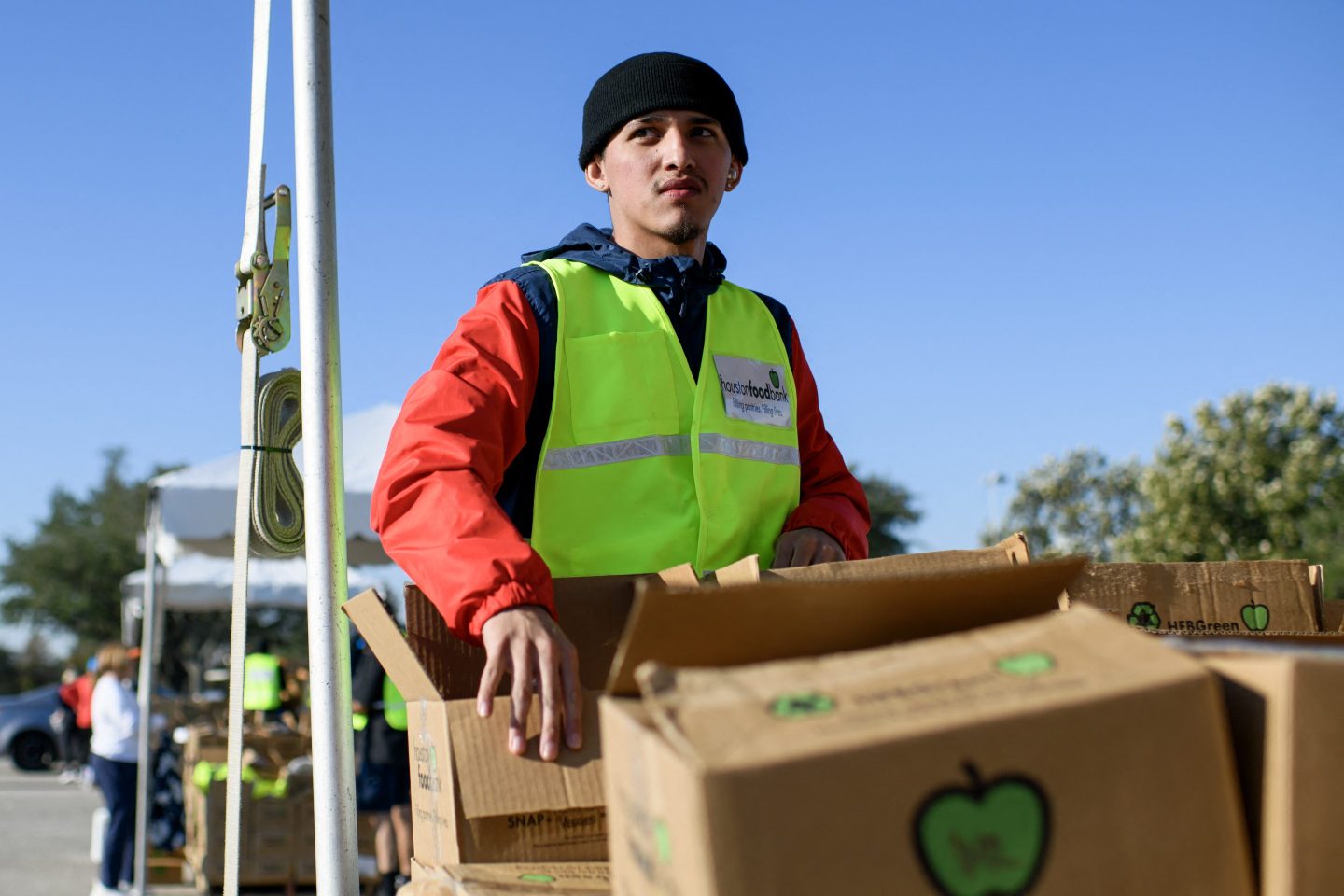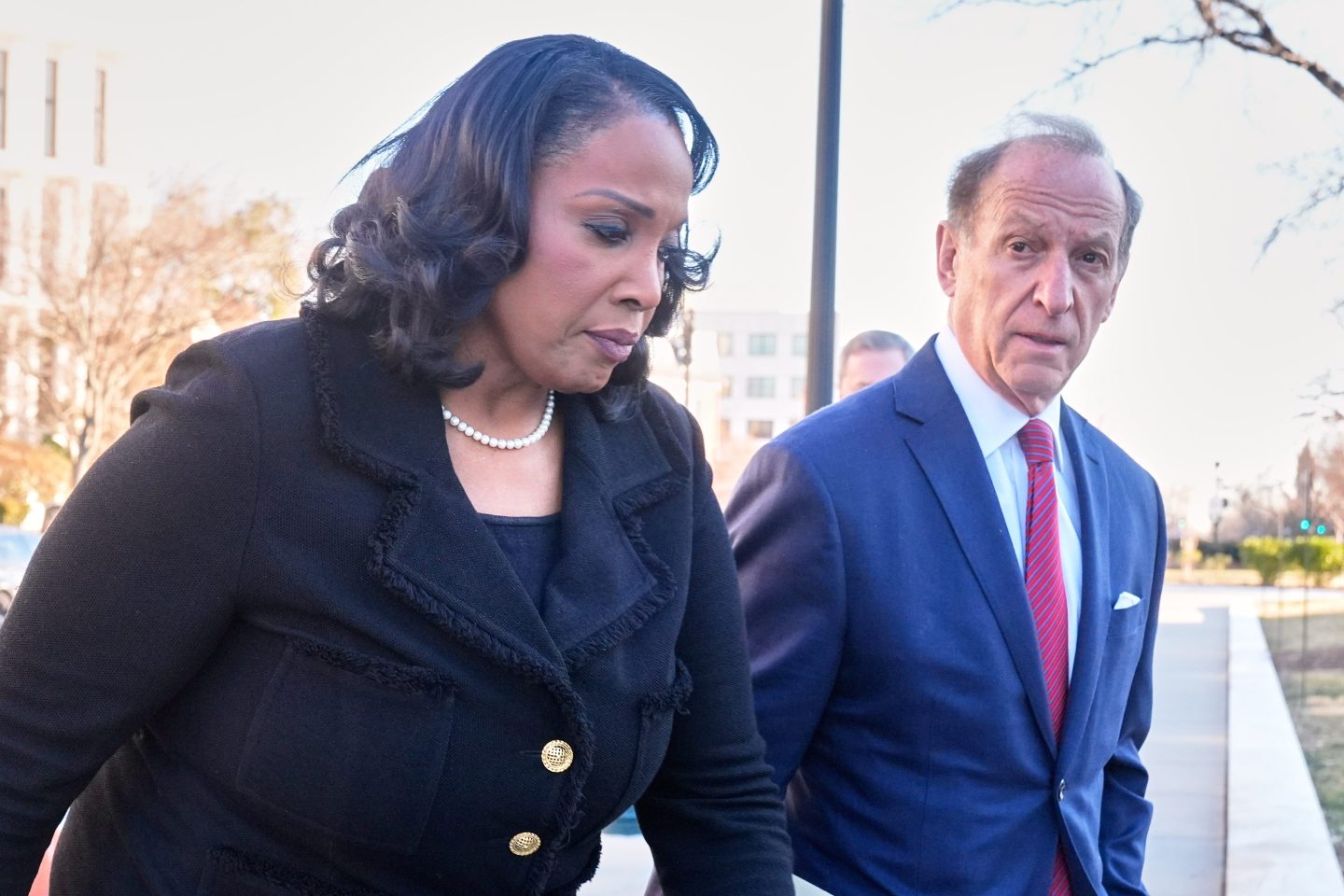Brewers Anheuser-Busch InBev and SABMiller received U.S. Antitrust approval for their $107 billion merger on Wednesday, bringing the largest-ever consumer products deal a big step closer to completion.
The combination of the world’s top brewers, which together will make nearly 30% of the world’s beer, now only needs regulatory clearance from China, a blessing that is widely expected given the proposed divestment of SAB’s business there.
The deal has already been cleared by Australia, Europe and South Africa, and AB InBev said it still expects closure this year.
The U.S. Department of Justice (DOJ) approval, which is notable after the regulatory authority derailed several recent mega-mergers, came a day before SABMiller (SBMRY) was to meet with shareholders at its annual general meeting in London.
While its takeover by the Belgian-based brewer of Budweiser is not yet on the agenda for a shareholder vote, there has been speculation in recent weeks that some activist shareholders may try to push for a renegotiation of terms, given the steep drop in the British currency.
AB InBev (BUD) will make concessions beyond its publicly stated offer to sell SAB’s stake in MillerCoors, its U.S. Joint venture with Denver-based Molson Coors, as part of the deal. AB InBev will also have to curb its use of incentive programs to limit competition.
Reuters previously reported that the DOJ was investigating AB InBev’s practice of financially rewarding beer distributors for selling more of its own beer than its competitors. Craft beer companies had vocally objected to the practice, which they argued hurt their ability to sell.
“Independent distributors that sell (AB InBev’s) beer will have the freedom to sell and promote the variety of beers that many Americans drink,” Deputy Assistant Attorney General Sonia Pfaffenroth of the Justice Department’s Antitrust Division said.
The world’s top two brewers hold brands Budweiser, Stella Artois, Miller and Pilsner Urquell.
“While we will make some adjustments to certain aspects of our U.S. Sales programs and policies, our fundamental approach and commitment to this market will not change,” said AB InBev Chief Executive Officer Carlos Brito in a statement.
AB InBev will also be required to secure the DOJ’s approval before acquiring any beer distributors or craft beer brands.
AB InBev has already acquired several regional craft beer companies, looking to benefit from a rapidly growing niche market in the slowing beer industry. Recent deals include Colorado-based Breckenridge Brewing, Oregon-based 10 Barrel Brewing and Virginia-based Devil’s Backbone Brewing Company.
“The DOJ’s significant requirements … appear to address some of our major apprehensions with the merger. With effective enforcement of these provisions, small brewers can rely on their independent distributor partners to access the market,” Bob Pease, president and chief executive officer of the Brewers Association, said in a statement on Wednesday.
Terms of AB InBev’s agreement with the DOJ expire in 10 years.
AB InBev will also divest the rights to all SABMiller beer brands currently imported or licensed for sale in the United States.
Molson Coors Brewing (TAP-A), which will buy SAB’s 58% stake in their U.S. Joint venture, saw its shares close up 3% at $100.80 on Wednesday.
The deal changes little within the U.S market, according to Adam Fleck, equity analyst with Morningstar in Chicago. Still, he added: “There’s a chance to increase the profitability for Molson Coors and MillerCoors enterprises that will make MillerCoors more competitive.”
Globally, the deal positions the combined companies to dwarf rivals like Heineken and Carlsberg. AB InBev will have more breweries in Latin America and Asia and an entrance to Africa, as major markets such as the United States weaken due to craft beer popularity.












